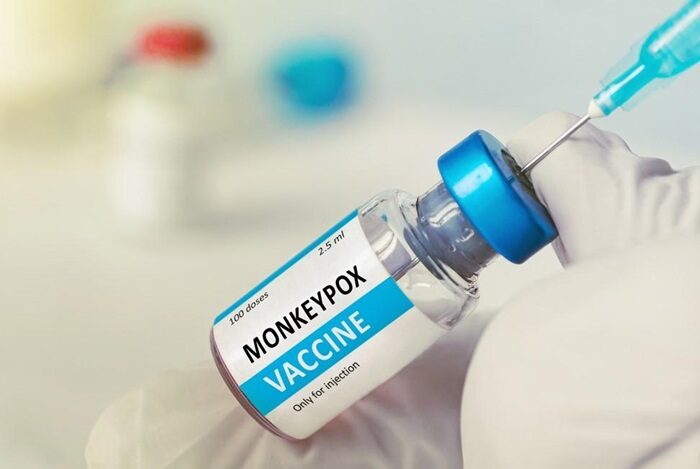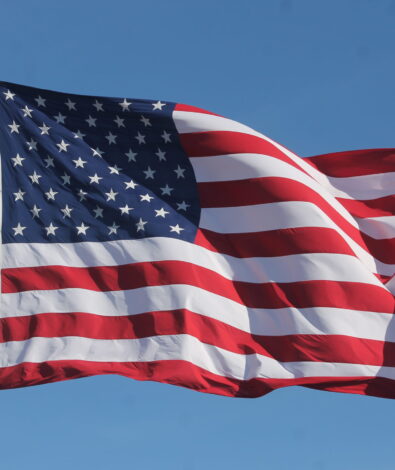WHO approves Bavarian Nordic’s Mpox vaccine for adolescents

…Expanding global efforts to curb outbreaks
The World Health Organization (WHO) has approved Bavarian Nordic’s Jynneos mpox vaccine for adolescents aged 12 to 17 years, recognizing this age group as particularly vulnerable to outbreaks of the disease that has raised global health concerns.
In a statement released on October 8, that it gave the Jynneos vaccine prequalification for adolescents, the WHO noted the importance of vaccinating adolescents, especially following its declaration in August of mpox as a global public health emergency for the second time in two years.
This declaration was prompted by the spread of a new variant of the virus from the Democratic Republic of Congo to neighboring countries, fueling the need for more targeted preventive measures.
What is Mpox?
Mpox, a viral infection similar to smallpox, presents flu-like symptoms and painful skin lesions, with children, adolescents, and immunocompromised individuals being at the highest risk of severe complications.
The approval of Jynneos as the first vaccine for adults against mpox in September was a significant step in fighting the outbreak, particularly in African countries that have been disproportionately affected. With the new approval for adolescents, the WHO is expanding protection to younger populations who are more susceptible to the disease.
The Vaccine’s broader impact
The move to prequalify the vaccine for adolescents comes shortly after the European Union’s approval for the same age group in September, reflecting a coordinated international effort to tackle mpox outbreaks. By making the vaccine more accessible, especially in regions with limited healthcare infrastructure, WHO aims to reduce transmission rates and ease the burden on public health systems.
Looking ahead, Bavarian Nordic is preparing to conduct a clinical trial to evaluate the safety of the vaccine in children aged 2 to 12 years. This trial, partially funded by the Coalition for Epidemic Preparedness Innovations (CEPI), is expected to begin in October, potentially paving the way for even broader usage.
In the U.S., the Food and Drug Administration (FDA) has approved Bavarian’s vaccine for adults but has so far limited its adolescent use to emergency authorizations, as seen during the 2022 mpox outbreak. Nevertheless, WHO’s prequalification for adolescents signals a critical step towards comprehensive immunization against the virus for all age groups.
Another mpox vaccine, LC16, made by Japan’s KM Biologics, can already be given to children, according to the Japanese regulator, although it requires a special kind of needle.
Bavarian Nordic did not immediately respond to a request for comment on the prequalification.
⦁ This latest WHO decision highlights the importance of proactive vaccine deployment in managing viral outbreaks, especially for vulnerable populations.
⦁ The global public health community is increasingly aligning efforts, as seen with the approval of other vaccines like Japan’s LC16 for children.
⦁ As the world continues to face emerging health threats, the expansion of vaccine eligibility reflects a strategic approach to prevent the spread of potentially deadly diseases like mpox.



